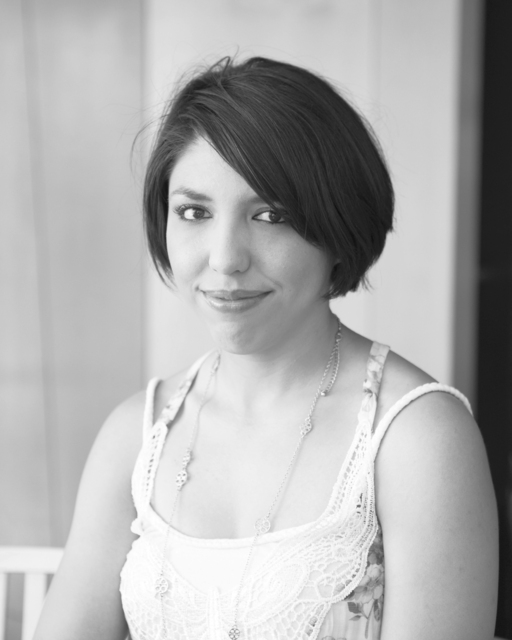TEDxABQ
Popejoy Hall 203 Cornell NE10am to 4:30pm Tickets: $65 general or $25 for studentsCheck tedxabq.com for tickets and other information.Tedxabq: Life After Trafficking
Hope For A Future Where People Are Not For Sale

Latest Article|September 3, 2020|Free
::Making Grown Men Cry Since 1992

TEDxABQ
Popejoy Hall 203 Cornell NE10am to 4:30pm Tickets: $65 general or $25 for studentsCheck tedxabq.com for tickets and other information.